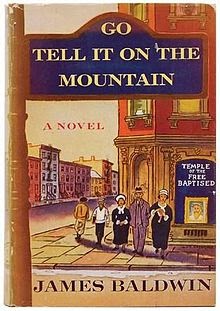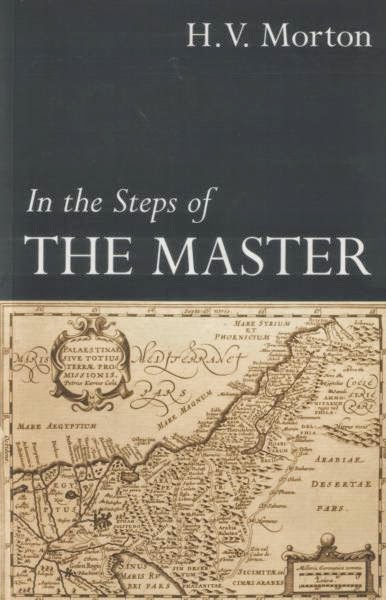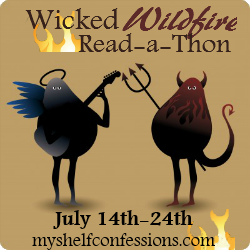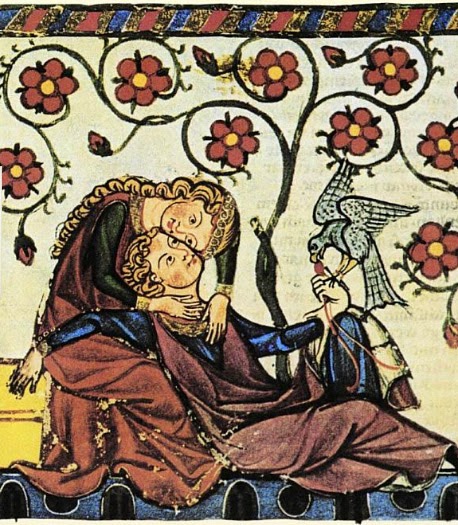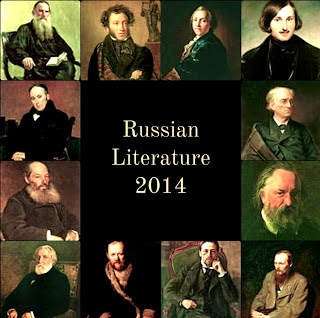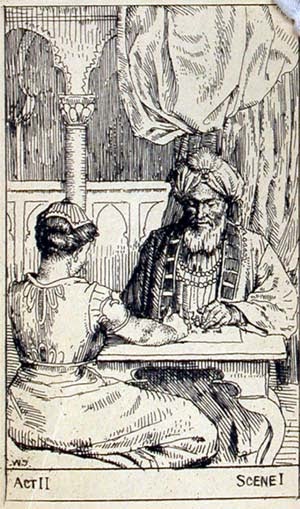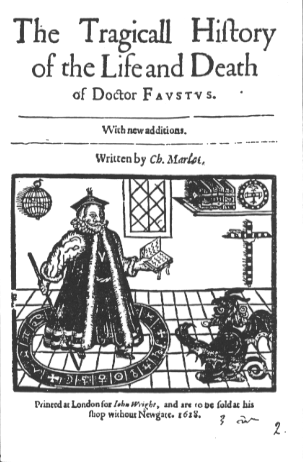Wigs on the Green
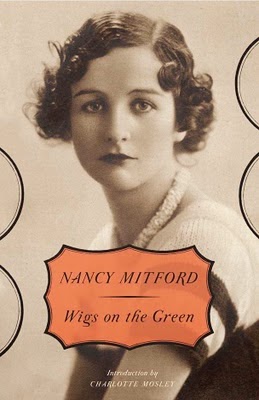
Wigs on the Green , by Nancy Mitford This was such an oddball funny novel! I really enjoyed it a lot. But first, some history: Nancy Mitford, oldest of the six Mitford sisters, was a comedic novelist who made it a rule never to take anything too seriously. You may also know that two of her sisters were dedicated Fascists (and one was a Communist too! and one became a duchess! and one just liked chickens.). Diana dumped her mundane husband to become the lover and later wife of Oswald Mosley, leader of the British Fascist movement. Unity went to Germany to meet Hitler, who she thought was marvelous. And Nancy wrote a novel that poked some light-hearted fun at them. This was in 1935, when many Britons still found Fascism more amusing than anything else. Unity--who the main character is based upon--seems to have taken it in good part, but Diana was so offended she broke off relations for several years. After the war, Nancy refused to reprint the novel, not wanting to re-offend

